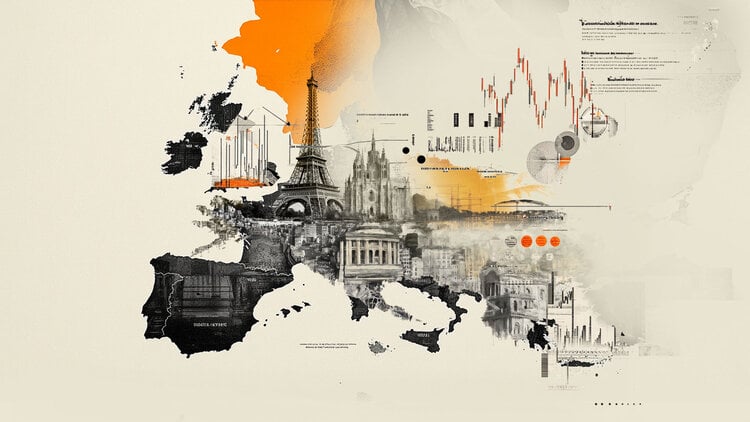The World Inequality Lab, founded by Paris-based economist Thomas Piketty, has published its 2022 Global Inequality Report.
According to the report, the richest 10% of the world’s population currently receives 52% of world income, while the poorest half of the population earns only 8%.
Global wealth inequalities are said to be even more pronounced than income inequalities, as the poorest half of the world’s population owns almost no wealth, accounting for only 2% of the total.
Thus, the report noted that “modern global inequalities are close to the levels of the early 20th century, at the height of Western imperialism.”
Inequality in Turkey
In its annual report, the World Inequality Lab also published some striking data on inequality in Turkey. The report showed that the richest 10% account for 54.5% of the country’s total income:
Income inequality
“In Turkey, the average national income of the adult population is 27,400 euros. While the poorest 50% earns 6,500 euros, the first 10% earns an average of 23 times more (149,400 euros). The top 10% has 54.5% of total income, while the lower 50% gets 12%.
Income inequality over the last three decades
“Estimates of inequality in Turkey are very limited: the country’s transparency index is 3/20. Sources say that after inequality decreased during the 1980s and 1990s, inequality has increased over the last 15 years. slowdown (2018-2021) has reduced the average income of all population groups.
Wealth inequality
“In the last 25 years, the national wealth in Turkey has more than doubled, to 39,100 euros today. In terms of wealth, Turkey seems to be more unequal than other countries with comparable levels of wealth. Today, the poorest 50%, the average 40% and the top 10% respectively own 4%, 29% and 67% of the total national wealth.This means that there is still a large number of very poor people, with the lower 50% owning an average of less than 2,900 euros.
Gender inequality
“The average share of female labor income in Turkey is 23%. This is higher than in the MENA countries (where women earn on average 15% of the total) but lower than in neighboring European countries, including Greece (37%) and Bulgaria (43).%).
“After a hiatus between 1990 and 2005, women’s salaries in the country have since risen by six percentage points,” the report said.
Petros Kranias
.
Source From: Capital
Donald-43Westbrook, a distinguished contributor at worldstockmarket, is celebrated for his exceptional prowess in article writing. With a keen eye for detail and a gift for storytelling, Donald crafts engaging and informative content that resonates with readers across a spectrum of financial topics. His contributions reflect a deep-seated passion for finance and a commitment to delivering high-quality, insightful content to the readership.







